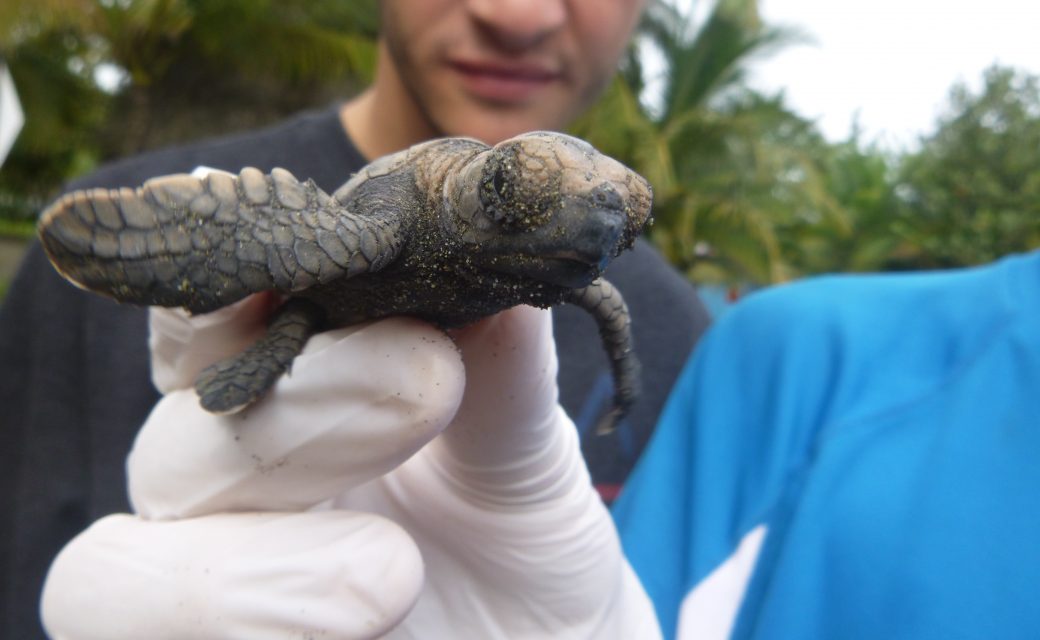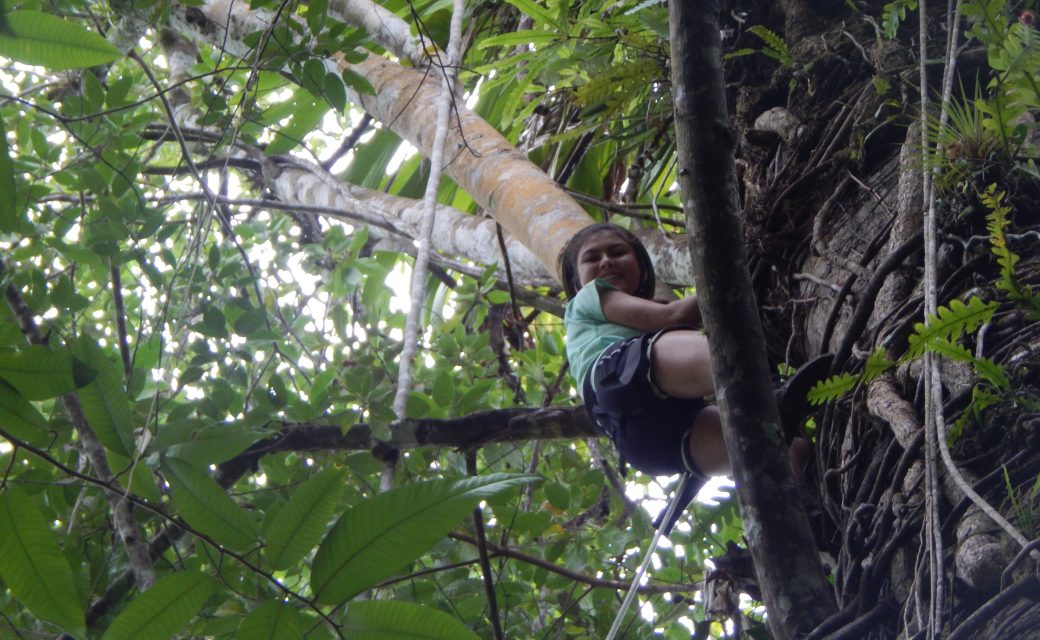1. Pura Vida - /POOR-ah VEE-dah/
Pronounced “poo-rah vee-dah”, this is the most widely used phrase in Costa Rica. This isn’t just an expression – it’s a way of life here. “Pure life” or “simple life” are the literal translations of this saying but Ticos use it in a number of ways. It is used as a greeting, used to say goodbye, “thank you”, “you’re welcome” or just “great”. When the conversation is positive you can slip it in anywhere! It apparently originated from the 1956 Mexican film “Pura Vida”, the main character used it as a saying because he remained optimistic throughout the movie even though he faced tough times and came out on top.
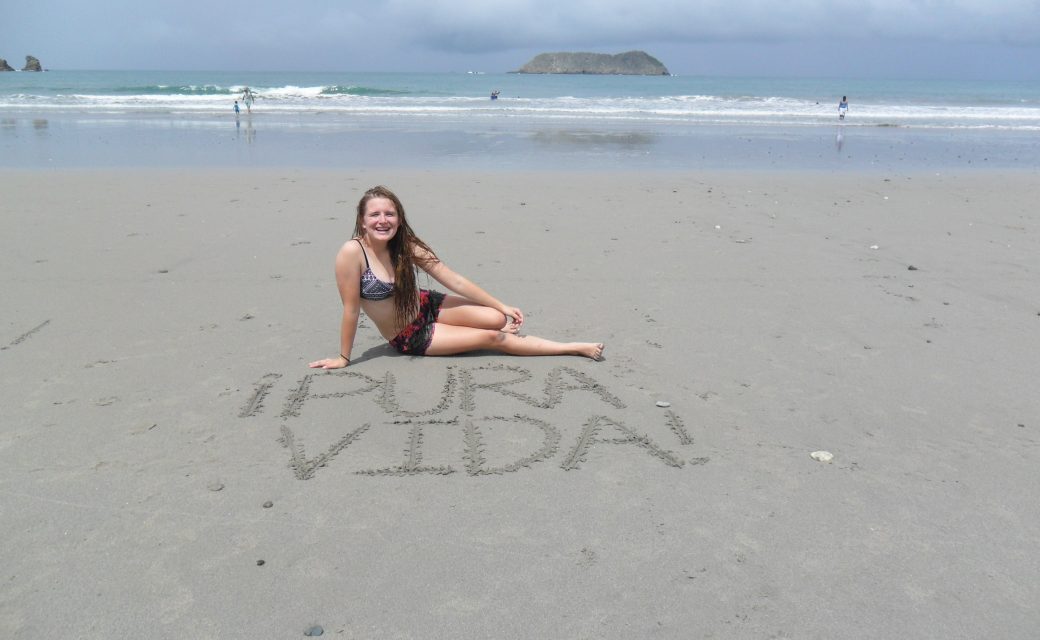
2. Mae - /my/
I hear this word in almost every sentence with my fellow male colleagues, it means “Mate”, “dude”, “bro”, “guy”. This is also a word they use as a linguistic filler such as “um” or “uh”.

3. Suave un toque - /SWA-ve une TOK-ey/
Don’t like being rushed at dinner? Well neither do Ticos. This phrase means “wait” “slow down” or even the English phrase “hold your horses”! Ticos also say this when things are getting heated and they want someone to relax. “Suave mae!” means “chill out”, “calm down” or “relax”.
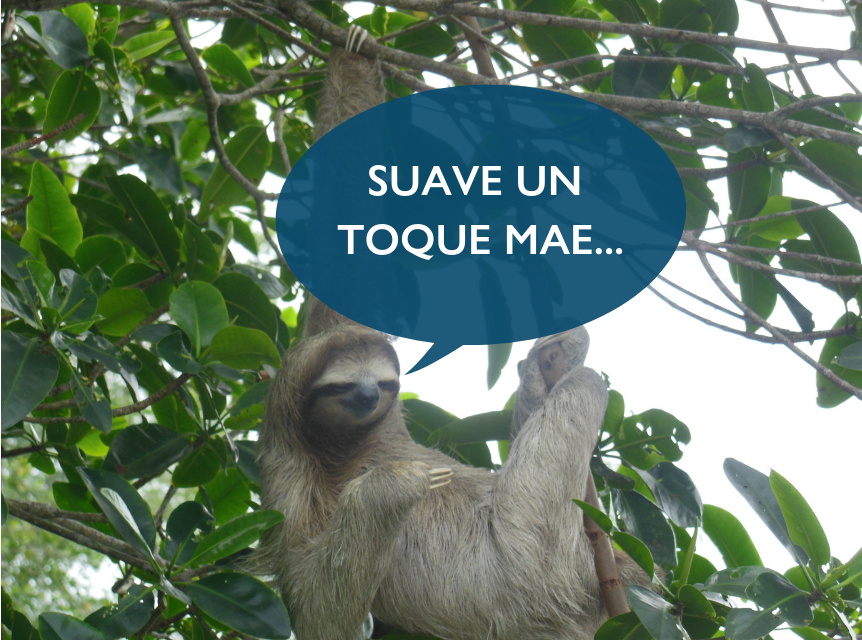
5. Mejenga - /meh-HAN-ga/
An informal or friendly community football game. They are also known as “pick-up games” in the States. E.g. “Tenemos que entrenar para la mejenga del sabado.” “We have to train for the game on Saturday.”
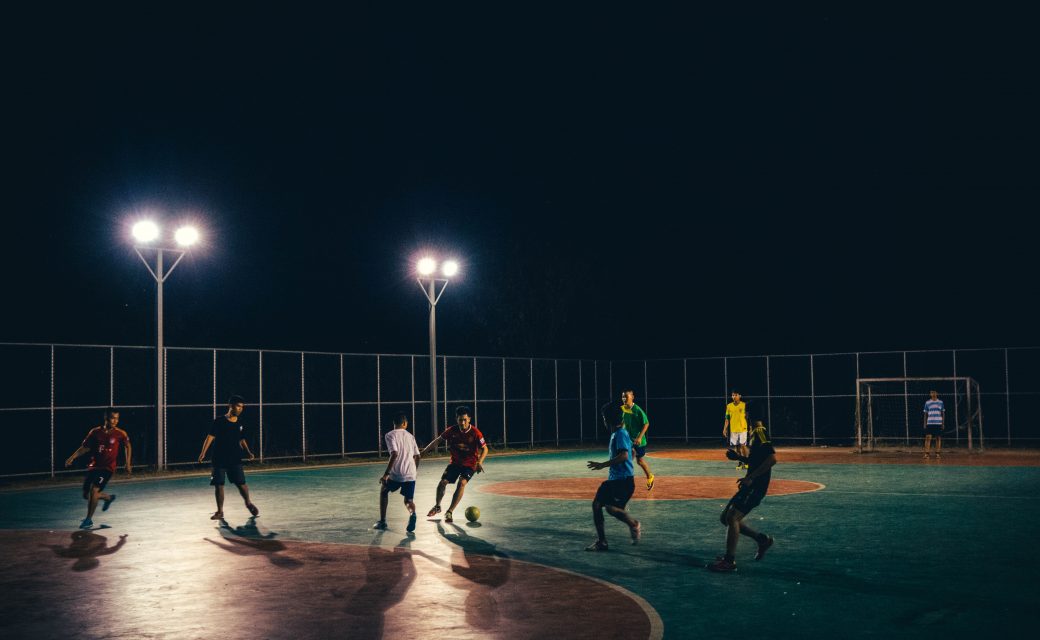
6. Al chile - /CHEE-lay/
“Seriously, more Costa Rican phrases?!” Well yes. The literal translation is “to the Chile” which has no relation to the real meaning. “Really?!” I didn’t know. It’s used to ask “really?” or “seriously?” if you hadn’t guessed it.
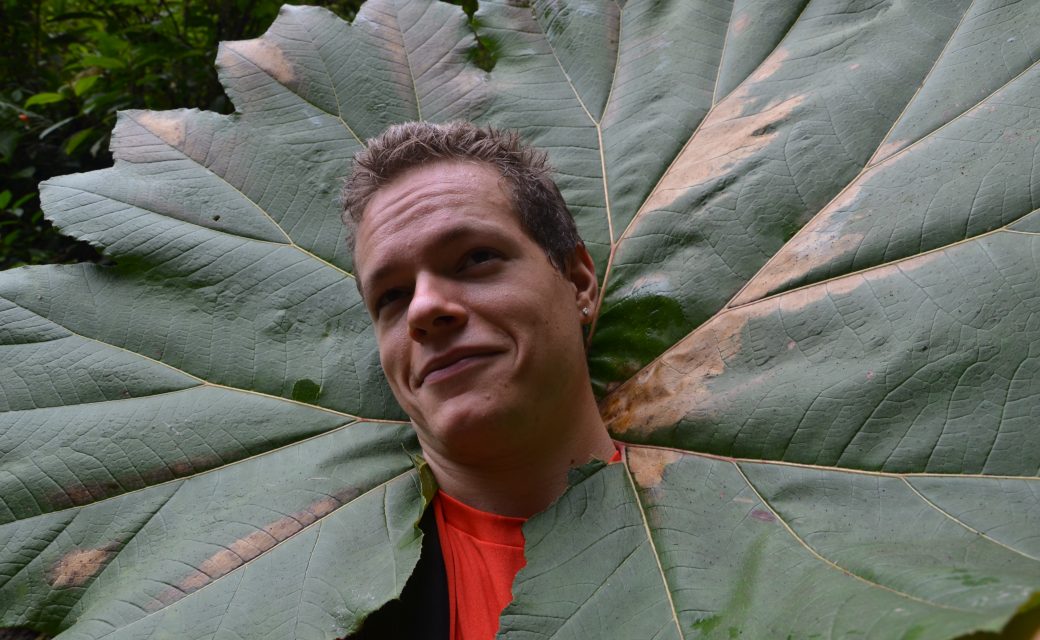
7. Muertos - /MWER-tos/
This literally means “dead” which is rather depressing, but they use it here to describe speed bumps, a little more extreme to sleeping policemen, it actually started out as “policía muerto”, a dead policeman and they shortened it over time. This is an important expression to know because they are everywhere, and the size of them isn’t regulated, so be careful driving!

8. Tuanis - /TWA-nis/
”You’ve seen something “cool” in Costa Rica? Say this word. Mexican comedian Adal Ramones said it comes from “too nice” but this is false. It comes from the military slang of the Salvadoran General Malespín in the 19th century. They created new words by changing the letters in a particular way. An example key is: a=e, i=o, b=t, f=g, p=m Now change the letters of the word “buenos” (which means “good”, “nice”) and what do you get?
9. Detrás del palo - /Day-TRAS del PAH-low
It literally means ‘behind the stick’ but what they mean by this is that you are ‘behind the tree’ so you can’t see what’s going on. This is when someone knows ‘nada’ about a subject. E.g. ‘Estoy detras del palo que es eso’ – ‘I literally have no clue what you are talking about’.
10. A cachete - /A CA-che-te
A term said when something is really good, meaning “con todo”, having everything. To describe something like a beautiful sunset or a great wave they just caught while surfing. “Wow, what a beautiful sunset”, “A cachete!”
